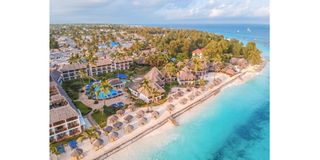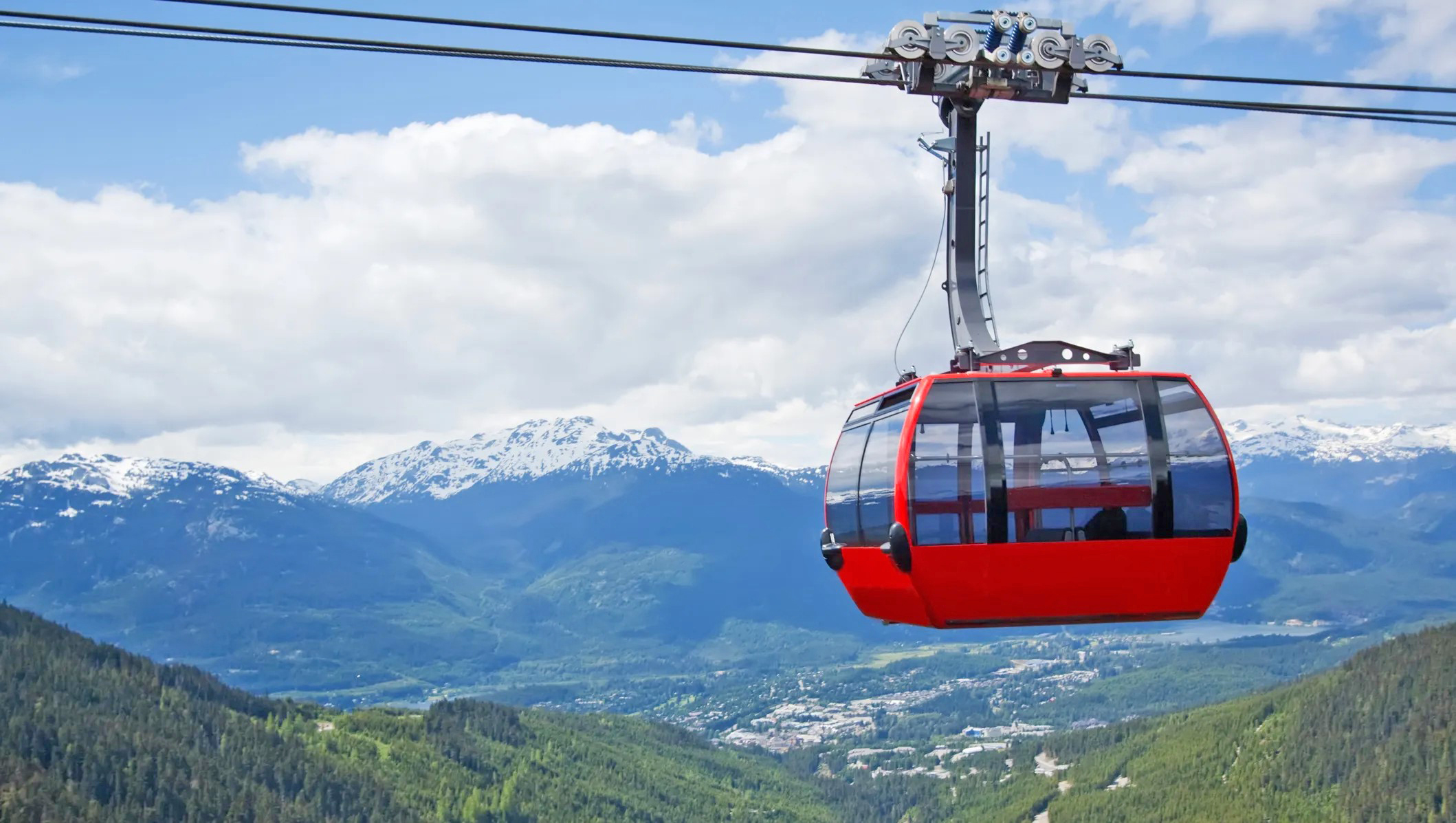The thrill of visiting Nungwi again after ten years

There is a common phrase among London folks.
It is uttered as soon as you acknowledge flying to Zanzibar.
“Lucky you.”
Or
“How was it?”
These days travelling is not easy due to Covid-19 protocols. A time and money consuming exercise. Yet being in Zanzibar (and Tanzania in general) is worth every single penny and breath. The last time you visited Nungwi in 2011, it felt like Paradise, one of the novels by Tanzanian Nobel Prize winner, Abdulrazak Gurnah.
Sun, breeze and Indian Ocean. Back then, Nungwi was a remote place, taking two hours by bus and an hour by car. Today the journey still follows a similar diet. However, we are speaking of a new town, more expensive than Zanzibar city.
And what about Zanzibar in general? We must mention the beautiful kin of Tanganyika, united by our forefathers in April 1964. Back then Mwalimu Nyerere and Sheikh Abeid Karume planted seeds of African brotherhood. Tanganyika and Zanzibar are according to scholars, the oldest genuine, surviving union on the continent.
Yes. 58 years is huge.
Tourists flock to the islands, as a warm-up (or warm down) to explore Mount Kilimanjaro, Serengeti, Ngorongoro and other gorgeous landmarks. Right now, Zanzibar is considered among leading global tourist spots. Check the following online July 2020 statement:
“It is safe to travel to Zanzibar islands. This is one of the safest African destinations, even for solo female travellers....The Zanzibar Archipelago is part of Tanzania, which is one of the most stable African countries. Tanzania is ranked as the most peaceful country in East Africa....”
So to Nungwi you trekked again.
Usually the drive by taxi or private mini buses costs 70,000 to 80,000 Tshs. Doubled for foreigners, just like it is with Bakhressa’s ferry boats from the mainland to Zanzibar. Reasons for that are complex, but your guess is wages. Kipato. The average monthly salary for a Tanzanian domestic help, for example, is around Sh50,000 to 80,000.
Every time you are in Nungwi, you knock the gates of Mnarani cottages.
Mr Nassor El Mahruki, founder and director, has a team of very dedicated, humble, efficient, and laid back workers. El
Mahruki: “This place is quiet, therefore suitable for families, lovers and those wanting to rest.”
Everywhere are signs of no loud music or shouting. The only non stop noise are the sea waves, banging, dancing and hugging edges of this magical hotel. At night bush-babies take over and their duties are relieved by dawn singing crows. Zanzibar is generally littered with crows. These versatile birds are however only part of the landscape. Mango and banana trees, coconuts and their lithe palm leaves litter the sandy countryside. Zanzibar is not dusty.Iits soil is a baby of the seaside.
Now.
Someone might ask why write an article about a normal location to the average Tanzanian? Why not Lake Tanganyika? Or Dodoma Wagogos who sing melodically with their ilimbas (thumb pianos)? Why not Africa’s highest mountain in the north? Why Zanzibar; not Kilimanjaro? Valid questions, of course.
Every thing has its time.
Let us recap.
Zanzibar is historic. It gave us the Kiswahili language due to interactions of traders from the Middle East and Asia. Zanzibar was a slave market and no wonder Stone Town, offers a view to a cruel and evil, painful past. Fact. But Zanzibar has more gears.
You have been to many places in the world. One of the most apprehensive facts are petty thieves, violence and the like. Zanzibar knows no such dangers. In local daladalas, people mind their business. Walking around villages : Nungwi, Bububu, Kwanyanya, Pale, Migombani and so on, there is a sense of innocent tranquillity.
A romantic feeling for the visitor. Nevertheless, a local resident observed the contrary.
“Zanzibar is good for foreigners and visitors, but for us it is tough. We have rigid traditions and it is expensive.”
Poignant statement.
Globally, there are places where locals are better off than guests. Zanzibar’s Nungwi village bustles with motorbikes (the bodaboda taxis) kiosks selling madafu (green coconut) mafenesi (jackfruit), sweet bananas, mangoes and oranges. Nungwi sees Maasai men strolling in their red-scarlet lubegas while Maasai females sell multi-coloured ornaments. Nungwi is expanding. Nungwi is punctuated by goats feeding on grass and a bit of scattered plastic. Nungwi’s tourists freely roaming, some staying at Mnarani cottages. Nungwi is not cheap.
Meanwhile, Mr El Mahruki remains positive and innovative.
In 2018 he took part in the world Clipper-Race via London. A contest cut short by Covid 19, and expected to resurface in April 2022. Mr Mahruki the only East African participant ,has travelled to over 60 countries. He offers employment and opportunities to many locals. This is what is needed in Tanzania. Individuals who break tradition and keep us progressing. With Zanzibar as part of Tanzania’s growing, economic butterfly culture we can sense light at the end of the tunnel.





